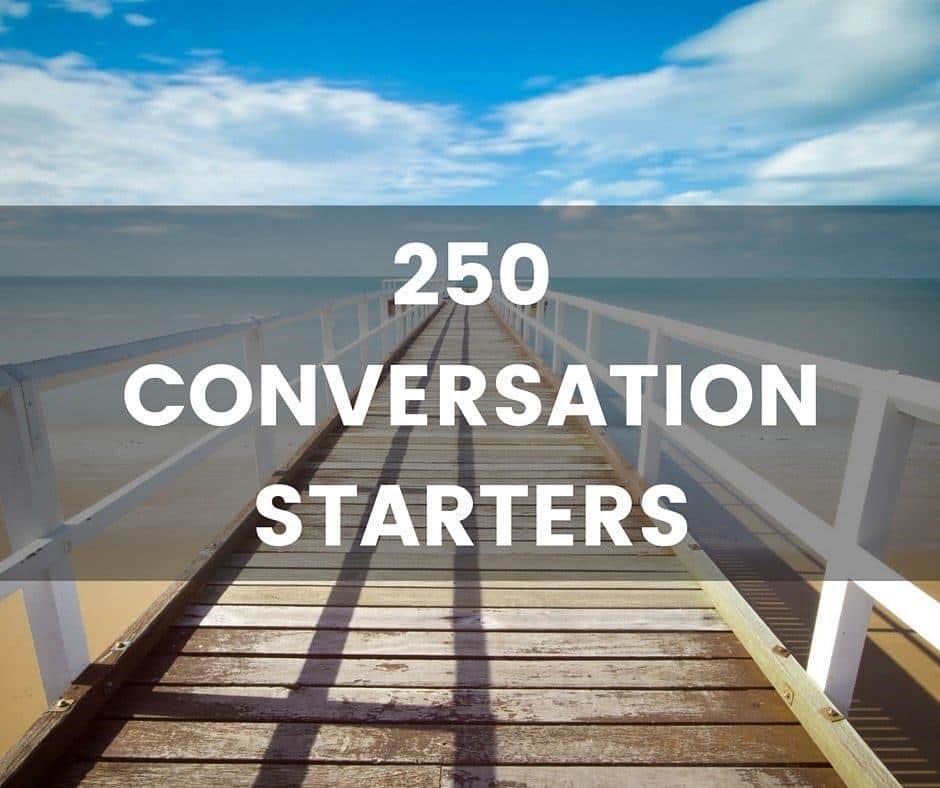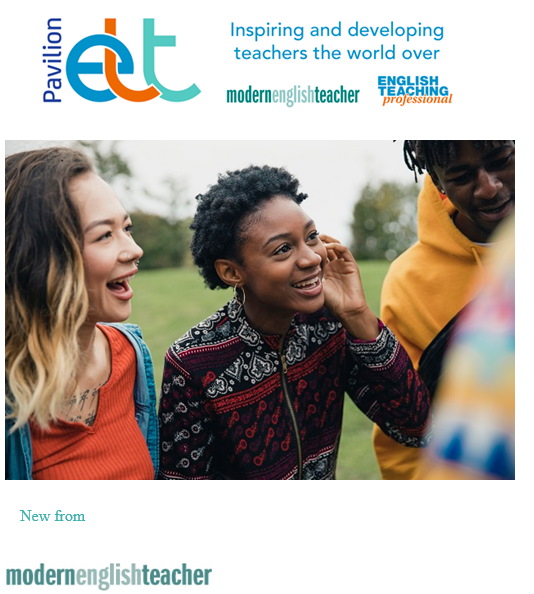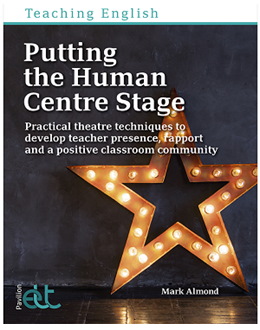To the Editor
Letter 1
|
Dear Hania (…) I LOVE the vast support system in place with Humanizing Language Teaching. Looking at the volume of articles, I don't think I'll run out of reading material any time soon! Karin Wiebe |
Letter 2
| Dear Hannia Thanks a lot for sending your interesting and useful magazine. Anyway, the published issues are quite informative and refreshing for all teachers. Regards Edy Isabel Torres |
Letter 3
|
Dear Hania, Adrian Underhill has kindly forwarded me your details. I believe he has spoken to you regarding the Simon Greenall Award that will be launched jointly by International House London, Macmillan and International House World Organisation in January. In the run up to the launch there are a number of short videos to ‘tease’ / publicise the award which we are promoting on the various social media channels. Adrian mentioned that HLT might be interested in publicising the award. If so, could you send me your ‘Social Media handles’, so that our post gets linked to your social media channels. (…) Many thanks in advance. Best wishes Jason Jason White |
Letter 4
|
Hania, I thought you'd be interested in this very touching CNN article - "She was shot dead by the Nazis in 1942. Her secret diary is to be published after 70 years in a bank vault" - below, by Gianluca Mezzofiore, CNN , September 12, 2019 about a Polish jewish girl martyr, Renia Spiegel, who tragically perished in 1942, after she was discovered by the Nazis who shot her dead.in 1942. Her memoirs, including her poetry, has just been published in a book - "Renia's Diary:: A young girl's life in the shadow of the holocaust" - published by Penguin. You can read some of her beautiful and lovely poetry below in this CNN article. I identify with her. I will order this book.
All the best, George https://edition.cnn.com/2019/09/12/europe/polish-anne-frank-published-intl-scli/index.html |
Letter 5
|
I can't say for an absolute certainty. But I would like to suggest that those pedagogical techniques that are explicitly applied peace linguistic techniques, as supported by further reading at the end of each technique in which Dr. Francisco Cardo Gomes De Matos, Professor Emeritus of the Federal University of Pernasmbuco, Recife, Pernambo, Brazil and Dr. Patricia Friedrich, Associate Professor of Rhetoric, Composition, and Linguistics, Arizona States University, Arizona, is mentioned, including the references for those specific pedagogical techniques like "Adapting famous quotations to a non-killing perspective" part. ph; "Completing a non-killing paradigmatic set with nouns in -ATION" part ph; & "Composing a poem on "WHY MORE NON-VIOLENT PEOPLE ARE NEEDED" part ph.. These two said professors, Dr. Gomes de Matos and Dr. Friedrich helped and guided me very much in producing this pedagogical dicttionary and treasure of second languasge teaching techniques.. I could not have have completed this vast work that took me almost 25 yeasrs t publish without their help and guidance. I would also like to mention Dr. Terrence Lamb, Professor of Innovative language learning and teaching at Westminster University, UK, and Dr. Margarita Ramirez, Associate Professor of Spanish, Presbyterian College, Clinton, South Carolina who provided me with invalusble moral and emotional support. I'm forwarding this missive to them. They have copies of my second language teaching dictionary. Please do feel free to contact them, including Professor Noam Chomsy, world renowned intellectual activist writer and linguist of MIT and Arizona University.. In conclusion, I fervently and firmly believe that these said applied peace linguistics techniques can be applied as vehicles of peace concerning vital existential matters as climate change, ecological destruction, human rights, civil rights, ethno-linguistic conflicts, the threat of global thermonuclear war, poverty, lack of decent health care, racism, corruption, religious and tribal conflicts, and so forth. You could also consider adapting the other second language techniques to fit the criteria of HLT and the theme of applied peace linguitics.
All the Best, George Patterson |
Letter 6
|
Your Vocabulary can be humanized in many ways Here are 3 strategies for Vocabulary-humanizing days (i)Make three 20-Item Lists of Positivizers (Positivizing Nouns/Verbs/Adjectives) (ii) Rank the selected Positivizers in terms of their possible humanizing effect/impact on interlocutors (Iii) Classify Positivizers as character-elevating( dignifying), cooperation-centered,Peace-building. Ask yourself if you are a Vocabulary-humanizer and discuss the suggested strategies with colleagues and students. *** When we think through a rhyme We help our mind creatively climb
When. a thought by rhyming we express Do we succeed and. creatively impress?
When by rhyming we are succint and profound Has a new door to creativity been found?
Why should thinking through rhyming be part of language education? To help cognition beautify communication
Francisco Gomes de Matos , co-founder ABA Global Education, Recife, Brazil *** For Climate Change to take place The need for a major environmental transformation Humanity has to face: Effective pollution prevention in urban areas to sustain. In rural areas ,antidrought initiatives creatively to maintain Climate Change is above all a global commitment to evironmental dignity. The benefits of thorough climactic change will extend the Earth's liveability range.
By Francisco Gomes de Matos, ABA Global.Education, Recife , Brazil |
Letter 7
|
Here are some great questions for starting a conversation. There are a lot of random conversation starters to get you started and then conversation questions listed by topic. You can start with the random questions or find a topic that interests you. There’s no right place to start, just scroll down to wherever you want and get started! There are tons of ways to use these questions. I find that the most rewarding way is for everyone to pull up this list of conversation starters on a phone or tablet, and then take turns letting everyone choose a question to ask the group. Remember don’t be afraid to delve deeply into the conversation. Answering the specific question isn’t the goal, having an interesting conversation is! For more go to
shared by Marta Rosińska |
Letter 8
|
Blog: Simply Study Skills by David Dogdson Putting the Human Centre Stage by Mark Almond
|


